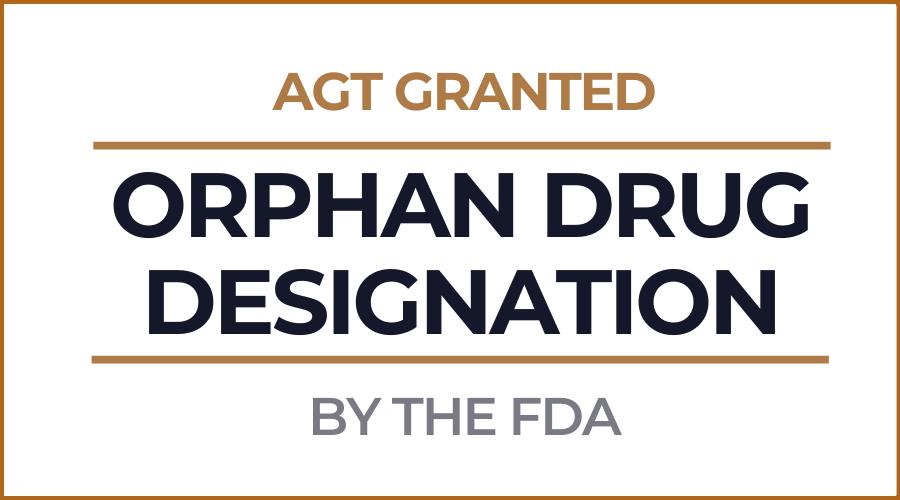Stealth BioTherapeutics Receives Orphan Drug Designation from FDA for Elamipretide for Treatment of Duchenne Muscular Dystrophy

Stealth Biotherapeutics Corp (Nasdaq: MITO), a clinical-stage biotechnology company focused on the discovery, development, and commercialization of novel therapies for diseases involving mitochondrial dysfunction, announced today that the US Food and Drug Administration (FDA) Office of Orphan Products Development has granted Orphan Drug Designation to elamipretide for the treatment of patients with Duchenne muscular dystrophy (DMD).
The company also announced that the FDA's Division of Neurology I has granted its request for a pre-IND meeting to discuss a development path for elamipretide in combination with products within the approved therapeutic class of exon-skipping phosphorodiamidate morpholino oligomers (PMO). The company has previously presented data demonstrating that administration of elamipretide in combination with a PMO significantly improves dystrophin expression levels in the X-linked muscular dystrophy (mdx) mouse model. The company also previously conducted a pre-IND meeting with the FDA's Division of Cardiology and Nephrology during which it aligned on a potential development path for elamipretide for cardiomyopathy associated with DMD.
"We are pleased that the FDA has recognized the high unmet need for innovative treatments for DMD," said Chief Executive Officer Reenie McCarthy. "We look forward to further discussions with the FDA regarding our development initiatives, which we hope will bring new options to patients suffering from this devastating disease."
DMD is an X chromosome-linked genetic disorder caused by mutations in the DMD gene which encodes the dystrophin protein. DMD is a fatal disease of muscle membrane instability in which the loss of dystrophin and ensuing mitochondrial dysfunction results in a cascade of events leading to progressive loss of muscle function. The disease, which is typically diagnosed in childhood, is associated with progressive skeletal muscle dysfunction typically starting in early childhood, progressing to loss of ambulation in early adolescence, loss of upper limb function and assisted ventilation during late adolescence into early adulthood. Despite recent advances in treatment options for DMD, including the conditional approvals of several PMOs, most patients die in early adulthood from respiratory or, more commonly, cardiac failure. Cellular uptake and retention of PMOs and PMO-mediated dystrophin is thought to be limited by mitochondrial dysfunction associated with DMD.
The Orphan Drug Act was enacted in 1983 to encourage development of drugs for rare diseases, which are diseases that affect fewer than 200,000 persons in the United States. Once granted, Orphan Drug Designation provides various development benefits for an investigational drug, including seven-year exclusivity after marketing approval is received.
About Stealth
We are a clinical-stage biotechnology company focused on the discovery, development, and commercialization of novel therapies for diseases involving mitochondrial dysfunction. Mitochondria, found in nearly every cell in the body, are the body's main source of energy production and are critical for normal organ function. Dysfunctional mitochondria characterize a number of rare genetic diseases and are involved in many common age-related diseases, typically involving organ systems with high energy demands such as the eye, the neuromuscular system, the heart and the brain. We believe our lead product candidate, elamipretide, has the potential to treat ophthalmic diseases entailing mitochondrial dysfunction, such as dry AMD, rare neuromuscular disorders, such as primary mitochondrial myopathy and Duchenne muscular dystrophy, and rare cardiomyopathies, such as Barth syndrome. We are evaluating our second-generation clinical-stage candidate, SBT-272, for rare neurological disease indications, such as amyotrophic lateral sclerosis and frontotemporal lobar dementia, following promising preclinical data. We have optimized our discovery platform to identify novel mitochondria-targeted compounds which may be nominated as therapeutic product candidates or utilized as mitochondria-targeted vectors to deliver other compounds to mitochondria.
Published: May 12, 2022



